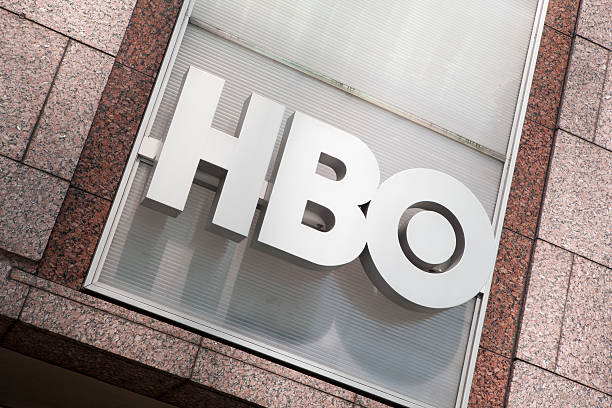News
Technology to help women daily lives
More tech companies led by women are entering the menopause support sector, driven by a lack of understanding and education about the menopause. Debbie Dickinson, a former executive for Johnson & Johnson, developed the Thermaband, a wristband and connected app powered by AI software that monitors the wearer's temperature and provides a cooling or heating sensation in response to temperature fluctuations.
Advertisement
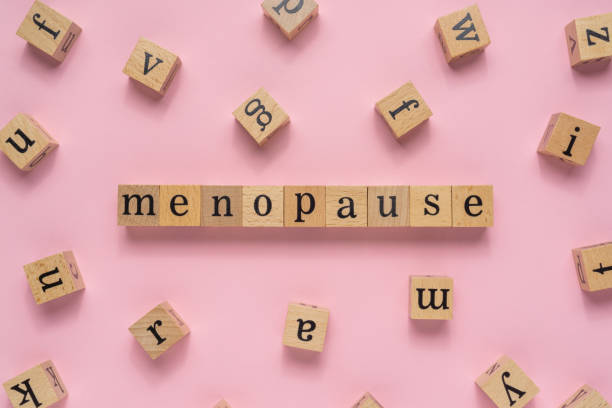
In 2019, Debbie Dickinson had her first hot flush, which led her to discover that she was experiencing the menopause. The 55-year-old from Miami, Florida, felt confused at first but soon realized what was happening. Debbie sought advice from older female relatives on how to manage the symptoms that occur before and during menopause, which usually happens at around age 51. While she tried various DIY methods such as standing in front of her freezer to cope, she still felt unprepared for this stage of her life despite receiving helpful guidance.
Due to a lack of understanding and education about the menopause, often due to stigma and ageism, Debbie Dickinson had the idea for a portable device after experiencing a hot flush in her car in 2019. With her contacts in the healthcare industry from her previous position as an executive for Johnson & Johnson, Debbie was able to raise $1.5m (£1.3m) in investment to create the Thermaband, a wristband and connected app powered by AI software. The device monitors the wearer’s temperature and can provide a cooling or heating sensation in response to hot flushes or other temperature fluctuations.
The Thermaband wristband, designed to provide cooling or heating sensations in response to temperature fluctuations, also tracks blood pressure and heart rate, displaying all the data on the connected app. Debbie’s daughter Markea is also involved in leading the company, and the Thermaband is scheduled to be released for sale later this year. As awareness and conversation about the menopause increases, thanks in part to high-profile campaigners like Davina McCall and Caroline Nokes, more tech companies led by women are entering the sector to introduce new products that offer support and relief. While it’s important for women experiencing menopause symptoms to consult with their doctor, the growing coverage of the issue is driving innovation in the industry.
The menopause support sector, which includes hormonal treatment and dietary supplements, is projected to reach $24.4bn globally in 2030, up from $16.9bn this year. As she deals with her own symptoms, Monika Scott, a 46-year-old operations manager at a property firm in London, has been using the UK digital health app Peppy for the past couple of years. One of her major issues is insomnia, which leaves her feeling tired and irritable. Additionally, she experiences dry skin and heavy periods. Peppy offers one-to-one video or chat consultations with menopause experts, courses, on-demand videos, and live events.
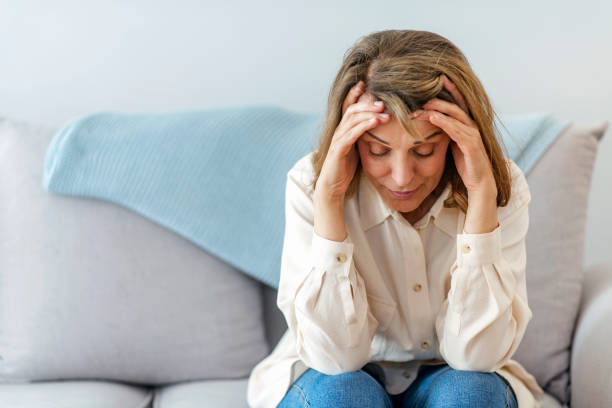
Dr. Phillipa Kay, a GP and menopause expert, believes that the majority of the emerging tech is helping to empower women. She states that verified information is power, and apps that track symptoms can be beneficial as many women are not aware of all the potential symptoms. However, Dr. Kay cautions that caution is required because people have been making money from women’s health for a long time, and the menopause is currently trendy. She suggests that women seek verified evidence from the NHS website. Andrea Berchowitz, co-founder of Stella, another UK menopause app, noticed a gap in the market for menopause-related tech while starting her business in women’s health. She observes that women’s health tech is still primarily focused on fertility and period tracking.
Andrea Berchowitz explains that Stella, her UK menopause app, provides personalised treatment plans along with weekly guidance tailored to address specific symptoms and facilitate conversations about hormone therapy. She emphasizes the importance of individualized support because women experience different symptoms, such as difficulty sleeping, low mood, and incontinence. Launched in 2021, Stella is partnering with companies to offer its app as part of their HR policies, focusing on workplaces. Berchowitz notes that women should not have to pay extra for this type of support, and that many companies are interested in offering this resource. So far, companies like Barbour, Betterspace, and Heka have signed up to partner with Stella.
Berchowitz mentions that Stella aims to enhance its AI software to better determine which combination of treatments might be effective for specific symptoms. This type of tech startup is becoming more prevalent as more major UK companies and organizations have introduced menopause policies in recent years. The Royal Mail and Tesco, for instance, provide menopause training, and Tesco changed its uniform last year to incorporate more breathable fabric that helps with hot flushes. Additionally, the Co-Op offers a dedicated menopause support guide. In Miami, Debbie reports that the Thermaband wristband has made a significant difference in her life, relieving discomfort and making the symptoms feel shorter and less intense. She finds the experience more comfortable to navigate.
Trending Topics
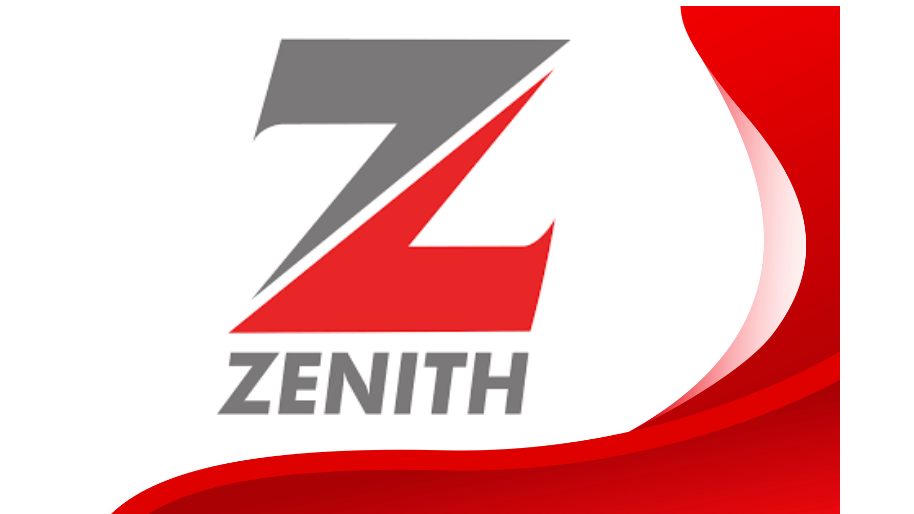
Zenith Bank: Apply now!
Transform your finances with Zenith Bank. With competitive interest rates, innovative banking services. See now!
Keep ReadingYou may also like
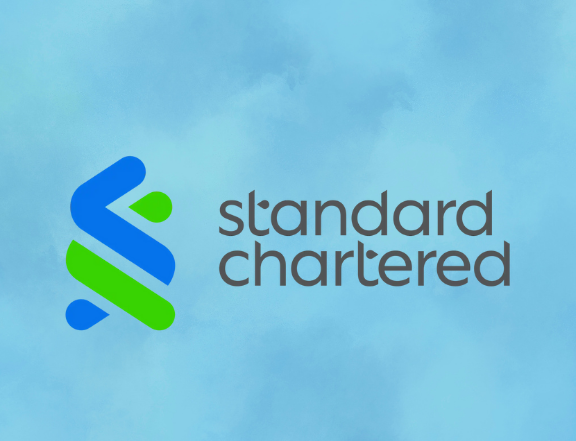
Standard Chartered Bank Nigeria: Learn more!
Standard Chartered Bank Nigeria is committed to promoting sustainability and corporate social responsibility in the communities it serves.
Keep Reading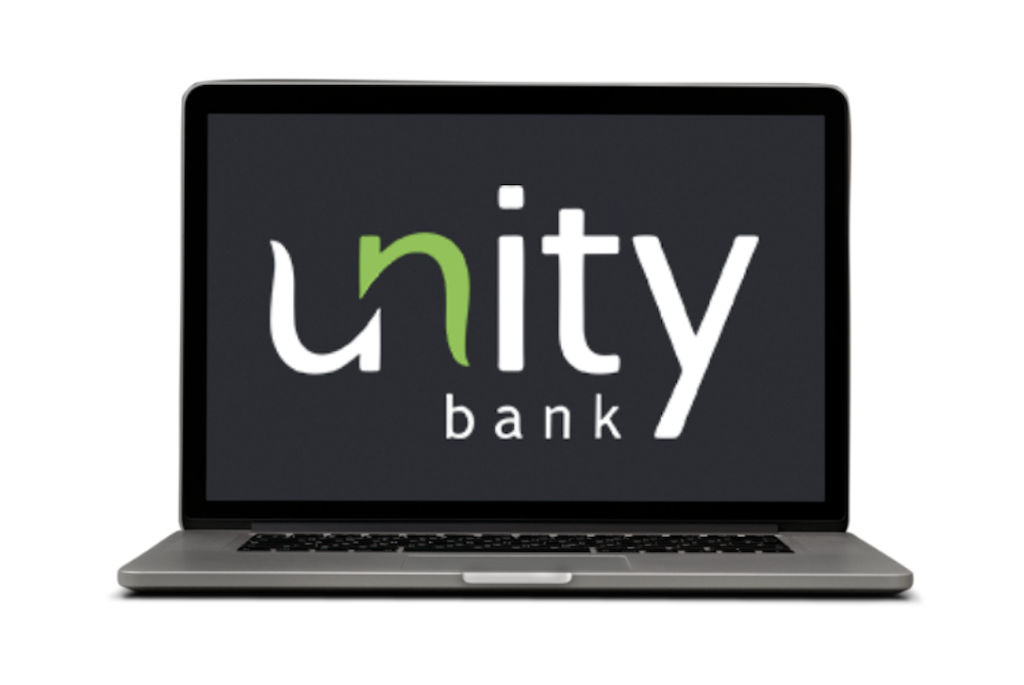
Unity Bank: Apply now!
The bank's mobile app and digital banking solutions make it easy to stay on top of your finances, no matter where you are.
Keep Reading
